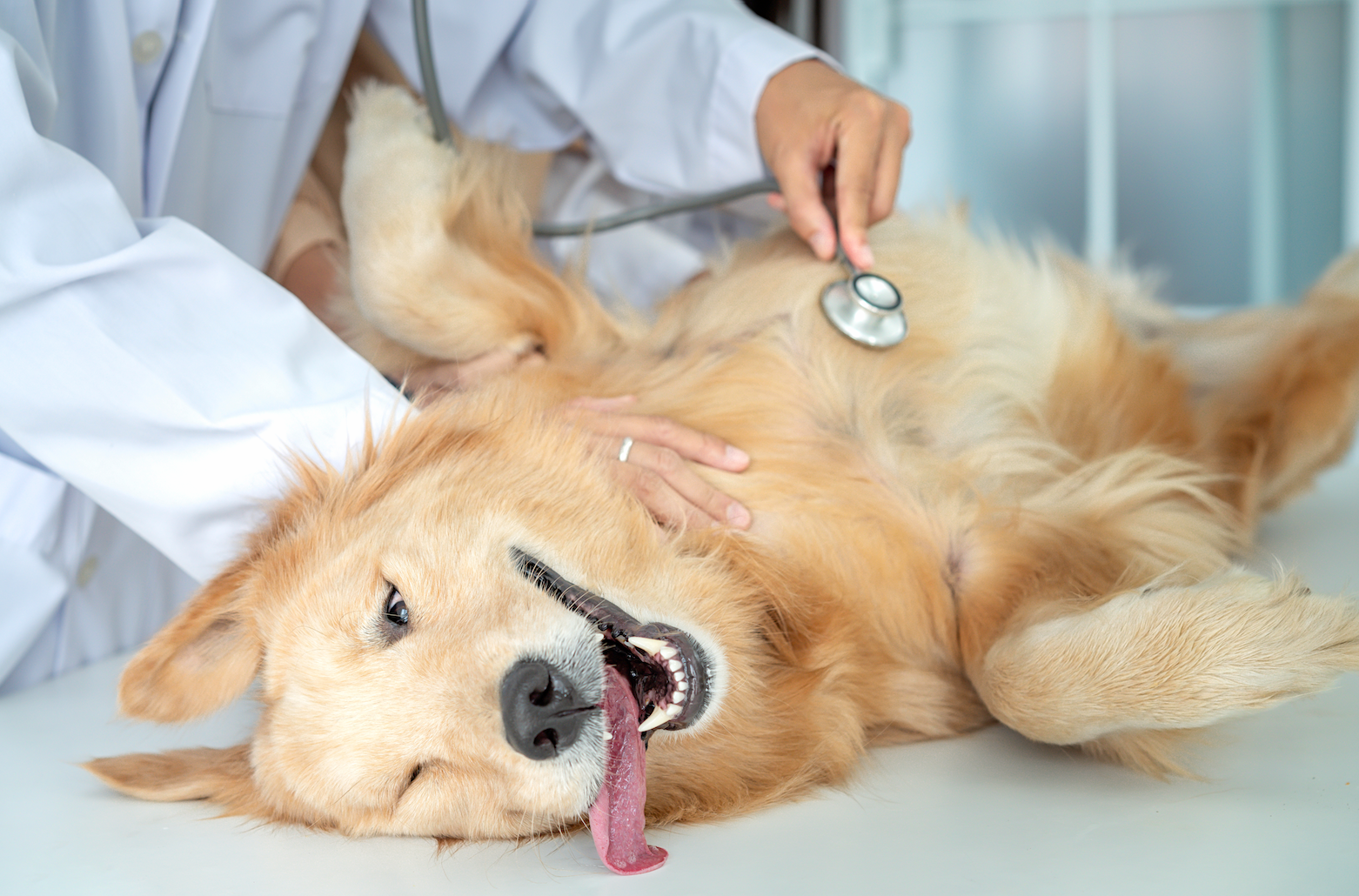Your cart is empty. Let's fix that!


Gut health is trending in human health and wellness, but have you thought about your pet’s digestive health? Find out the benefits of a healthier digestive system for your pet—and how to get them.
“Gut health” has become a buzzword that’s thrown around a lot online (and often without much context), so let’s dig into what it really means.
Gut health is an umbrella term that encompasses the well-being of the entire gastrointestinal tract (or GI tract)—the organs that take food from the mouth, down the esophagus, through the stomach and intestines, and out the other end. These organs are primarily responsible for breaking down the food we eat and delivering nutrients to our body, and that job has a huge effect on you and your pet’s overall health.
One of the largest components of gut health isn’t about the digestive tract itself—it’s about the microbiome living in the gut. We have trillions of beneficial bacteria that live in our GI tract and are instrumental for the proper function of our digestion. While the idea of bacteria in our bodies might give some of us the ick, trust us (and science!) when we say that the good bacteria in your gut microbiome are friends you very literally can’t live without.
An unhealthy gut can affect more than just your poop scooping duties. Poor gut health can result in a whole range of health issues including worse digestion, poor immune health, diabetes, and inflammatory bowel disease (IBD). On the other hand, supporting your pet’s gut health can pay off big time for their health and happiness!
We all want the best for our pets, and your cat or dog’s gut health can make a big impact on their well-being! Taking care of your pet’s gut health has wide-ranging effects from the predictable (like better poops) to the truly unexpected (like less stress and anxiety for your pet). Here are some of the notable benefits of a healthy gut for your pet:
It might seem obvious, but better gut health equals better digestion. This means fewer tummy grumbles, more solid poops, and better nutrient absorption which boosts your pet’s overall health (hello, shiny fur!). For the horking cats out there, better gut health also means less vomiting and fewer hairballs!
Did you know that at least 70% of your pet’s immune system is actually in their gut? The GI tract is the largest immune organ in the body, and it dramatically impacts your pet’s ability to fight off diseases and harmful bacteria.
The digestive system doesn’t just supply the body with nutrients from food—it actually synthesizes some nutrients of its own! The good bacteria in your pet’s gut produce vitamin K, which helps metabolize calcium, and digestive enzymes to help break down and absorb minerals that improve bone and joint health.
The mouth is actually part of the GI tract and the microbiome living there has a big impact on oral and dental health. Supporting healthy oral bacteria helps to stave off bad breath and a whole host of dental issues (but don’t forget to keep those teeth clean, too).
If your pet has lost a little of their youthful energy as they’ve gotten older, supporting their gut health can help to bring it back! In addition to making sure your pet absorbs as many of the nutrients in their food as possible, healthy gut bacteria can actually produce B vitamins which contribute to your pet’s energy levels.
Good gut health helps to keep blood sugar levels in a healthy range, helps the production of the hormones which tell the brain that the stomach is full, and helps to make sure your pet gets the most out of all the food they eat and aren’t left wanting more. All of that helps to keep your pet in the best shape possible!
Believe it or not, the gut microbiome can actually help to regulate your pet’s emotions! Healthy gut bacteria produce feel-good neurotransmitters like serotonin and can reduce stress and anxiety by balancing levels of stress-inducing cortisol. Plus, who doesn’t feel better when their digestion is smoooooth and easy?
Boosting your pet’s gut health can offer immediate relief for digestive issues and help to improve their long-term health. So how can you get started? There are some simple methods you can use to improve gut health:
If you suspect your pet might have more serious gut health issues, consult with your veterinarian. They can help you address problems you can’t see, like an overabundance of bad bacteria in the gut.
Knowing the importance of your pet’s gut health and feeding them the good stuff sets you up for success as a pet owner! Happy guts = happy pets = happy people.